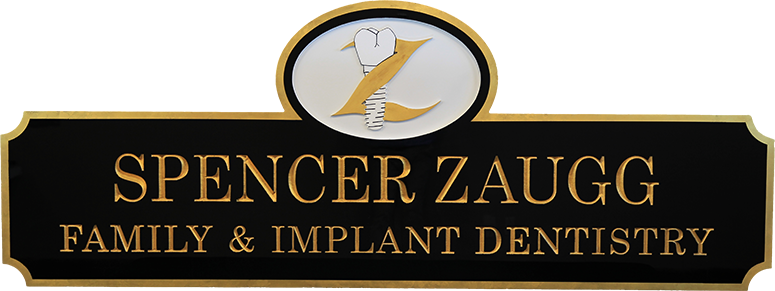
What it is:
Children need to establish a dentist early so that early problems can be detected and addressed. The American Dental Association and the American Academy of Pediatric Dentistry say that the first dental visit should occur within six months after the baby’s first tooth appears, but no later than the child’s first birthday. Dentist can work with your pediatrician to insure good oral health.
Children should start getting their teeth cleaned at age three when all 20 of their baby teeth are in place. These cleanings should be the same as adult cleanings and should be completed by a certified hygienist. It is always good to have a few routine visits before a procedure is done to establish a relationship and understanding with the young patient.
Procedure:
Benefits:
With early visits comes early detection of any problems that may arise such as being tongue tied (constricting lingual frenum), cysts, clef palate, or decay. These can be corrected early. The two most common problems seen at dental offices around the country are baby bottle mouth decay and thumb sucking or pacifier past the age of four years old.
Children with multiple problems on teeth due to decay or injury from a fall, may require several visits to complete the necessary treatment. If the child is too young to communicate well with Dr. Zaugg and team, understand treatment, anxious, or has uncontrolled behavior, it may be necessary to consider sedation. In most cases this would allow all treatment to be completed in one visit without the child (and parent) having to endure a negative experience.
Parents can also obtain educational materials and information form the hygienist and Dr. Zaugg when attending the child’s dental appointments. Parents have a key role in their children’s oral health and can help establish a good habit of oral hygiene.
Things to Remember:
*Most children will have all their permanent or “adult” teeth by 13-15 years of age. Due to the differences between the “baby teeth” and the “adult teeth” it is highly recommended they be seen regularly by an “adult” dentist, Dr. Zaugg, and not a pediatric dentist.


